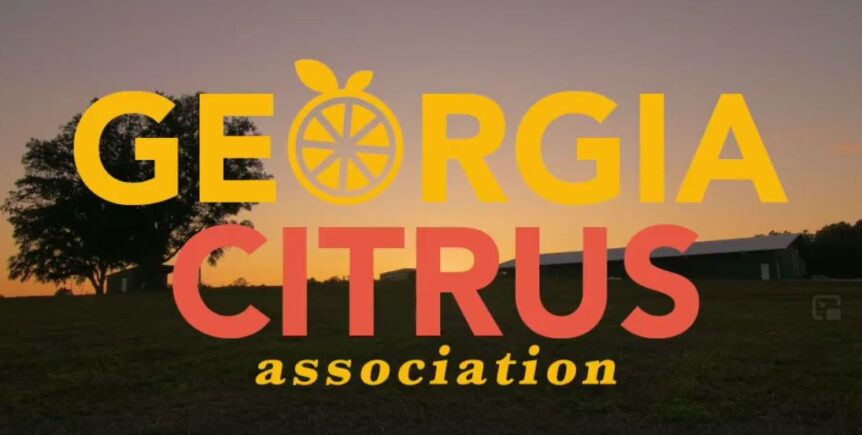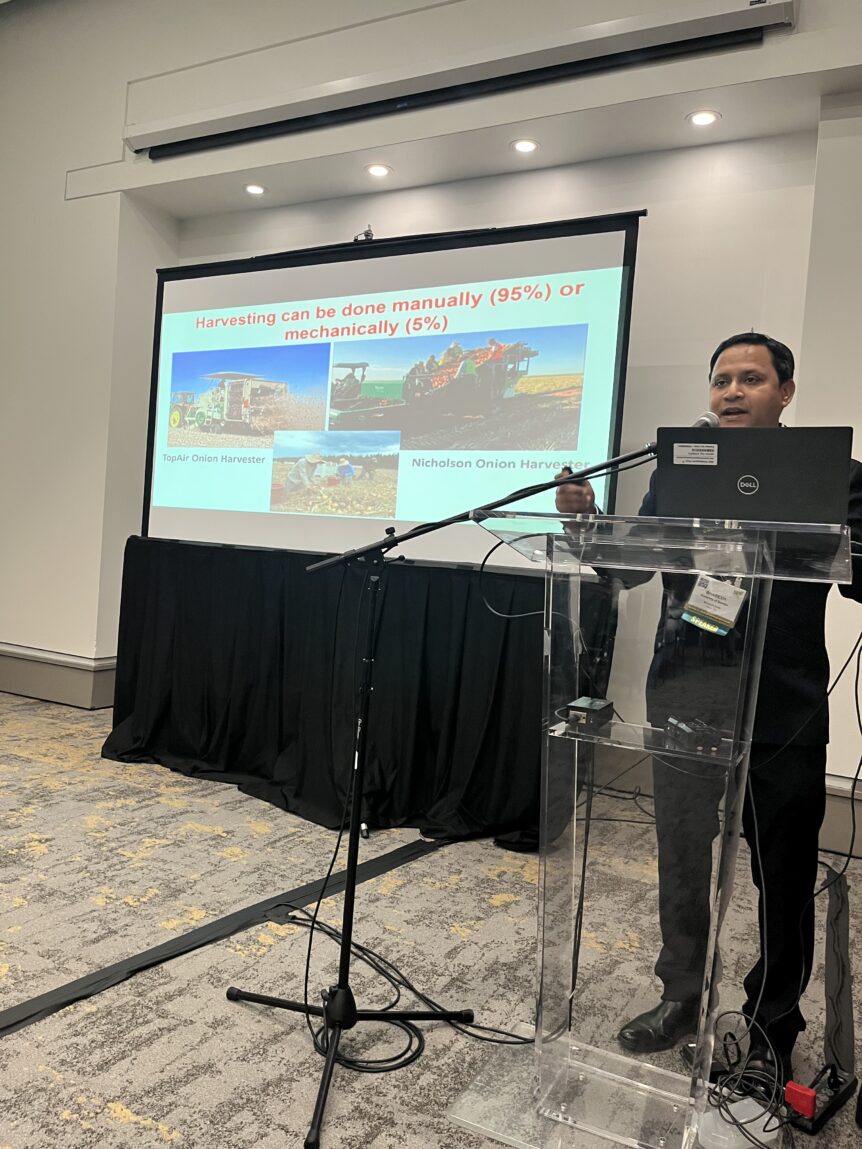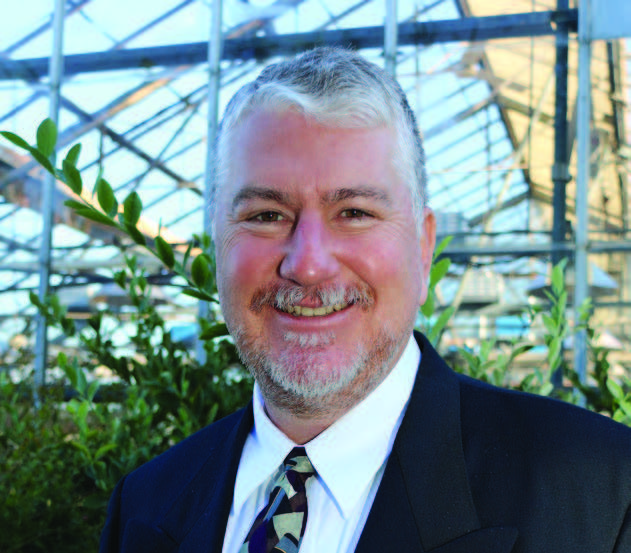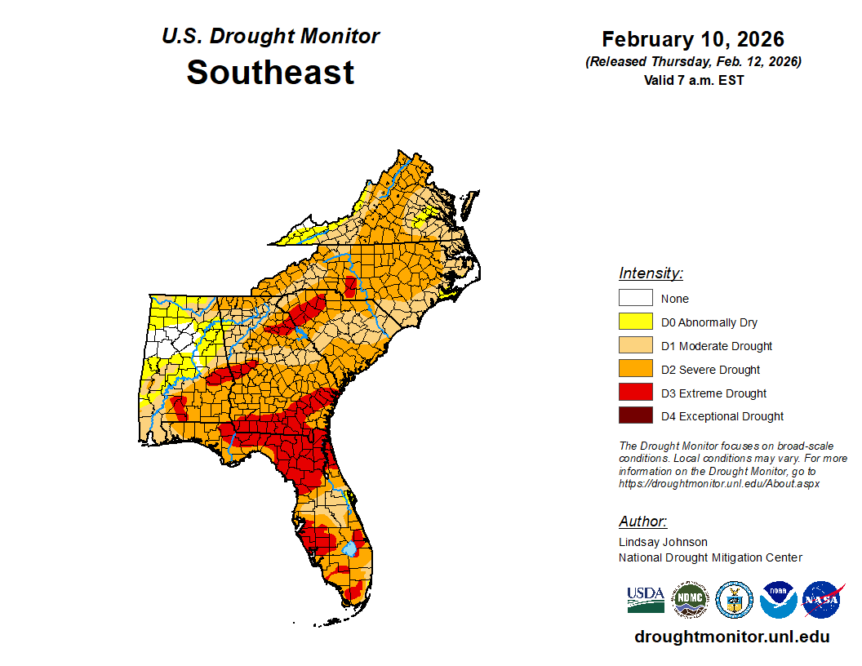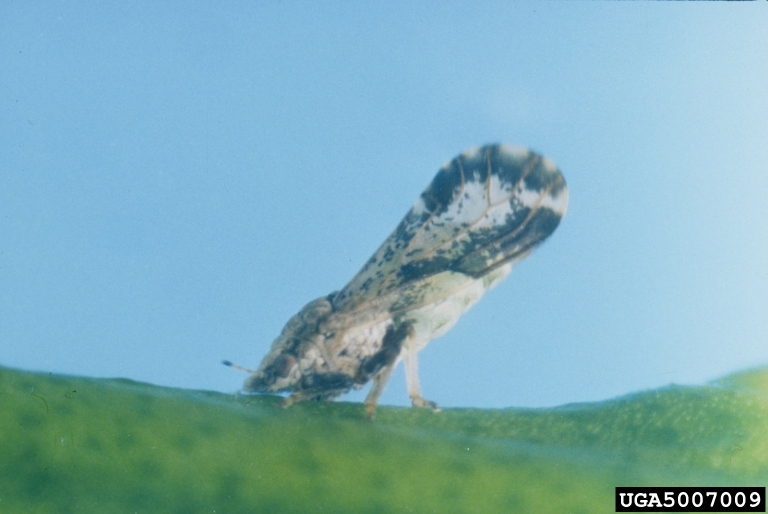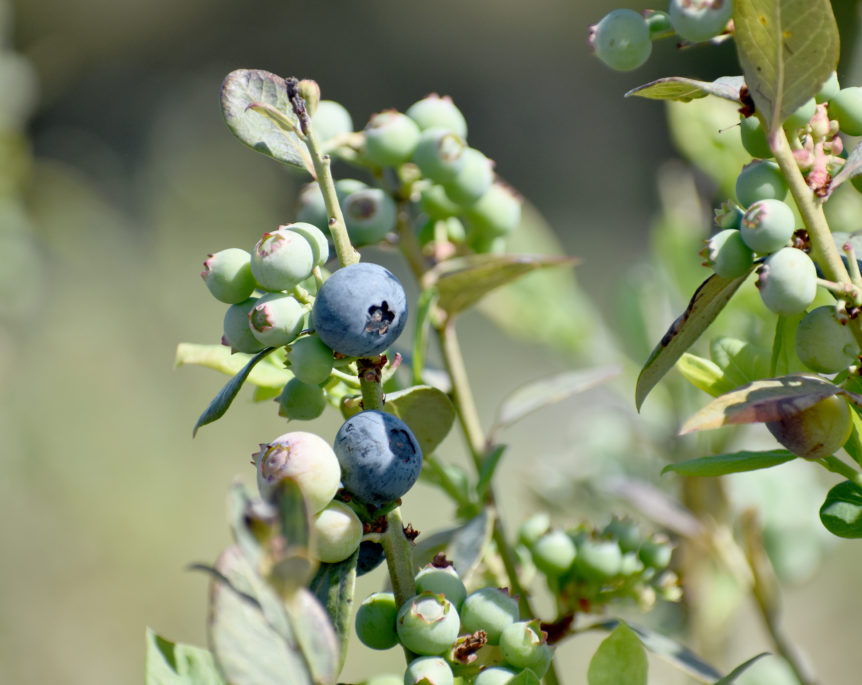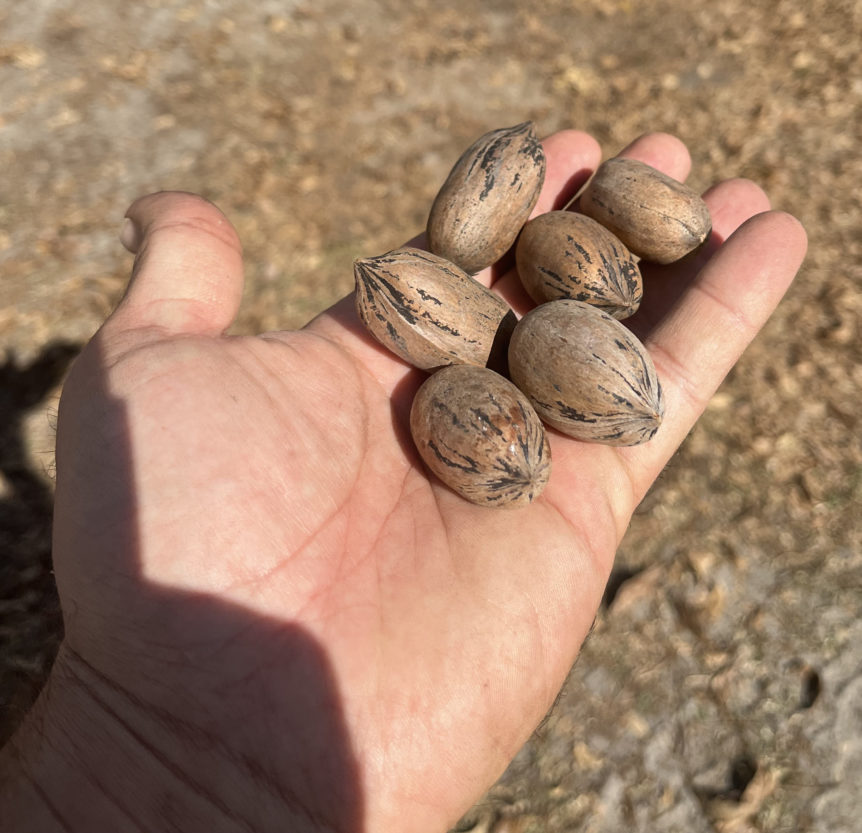By Chris Butts The new year provides us with the opportunity to reflect, reset and develop new goals and objectives for the coming months. Looking back to January of 2025, the fruit and vegetable industry has made progress on important issues like labor rates and H-2A program rules. Successful Conference Here in Georgia, we are finding reason for optimism. We …
What’s New At The Georgia Citrus Association Annual Conference
The Georgia Citrus Association’s (GCA) annual conference is less than a week away. Georgia growers are encouraged to attend the Feb. 24 meeting and learn about various trends impacting the industry in the cold-hardy citrus region. The event takes place at the University of Georgia Tifton Campus Conference Center. Lindy Savelle, executive director of the Georgia Citrus Association and member …
Ag Wage Reform Coalition to Hold Issue Briefing/Roundtable in Washington D.C.
By Clint Thompson The Georgia Fruit and Vegetable Growers Association (GFVGA) is helping host an issue briefing and roundtable in Washington D.C. on Feb. 24. Chris Butts, executive director of the Georgia Fruit and Vegetable Growers Association, discussed the meeting’s importance and its message. “We’ll have growers and representatives from 39 organizations and nine states that now make up the …
The Time is Now: Downy Mildew Management in Vidalia Onions
By Clint Thompson Vidalia onion producers must be aware the calendar is nearing the timeframe for when downy mildew disease usually occurs in Southeast Georgia. University of Georgia Extension Vegetable Plant Pathologist Bhabesh Dutta spoke about onion diseases at the Southeast Regional Fruit and Vegetable Conference in Savannah, Georgia, in early January. He highlighted when disease outbreaks have occurred in …
Thiram Shortage in Strawberry Production
By Clint Thompson Southeast strawberry growers should be mindful that there appears to be a shortage of Thiram this spring. This is according to a blog post made by Phil Brannen, University of Georgia (UGA) Cooperative Extension fruit disease specialist. He confirmed the news after consulting with Natalia Peres, professor of plant pathology at the University of Florida Institute of …
Extreme Drought Expanding in South Georgia, North Florida
By Clint Thompson The Feb. 12 release of the U.S. Drought Monitor shows extreme drought conditions expanding in South Georgia and North Florida and in parts of Alabama. Florida Extreme conditions in North Florida stretch from Washington and Jackson counties in the Panhandle, eastward to Duvall, Saint Johns and Flagler counties and as far south as Citrus and Sumter counties. …
Postfreeze Psyllid Populations Reduced
Southeast citrus growers hoping that the Feb. 1 freeze would wipe out the Asian citrus psyllid (ACP) population are going to be disappointed. “What we do know about freezes is a lot of time they will reduce or delay the buildup of many of the populations of pests that we worry about,” said Lauren Diepenbrock, University of Florida Institute of …
Chilli Thrips Impact Blueberries Post-Harvest
By Clint Thompson Blueberry growers managing the threat of chilli thrips are protecting next year’s crop. That’s because the insect’s impact is usually seen after harvests have concluded. That’s part of the message that Ash Sial, University of Georgia (UGA) entomologist, conveyed to producers about the threat of chilli thrips during a presentation at the 2026 Annual Blueberry Update in …
Pecan Recap: East Georgia Struggles; Hit and Miss In Other Places
By Clint Thompson Pecan harvests have concluded. Some growers fared better than others. East Georgia producers struggled the most, says Lenny Wells, University of Georgia Extension pecan specialist. “Certainly, east Georgia, I think, was really light. I’ve heard from others, further to the west, it’s hit and miss. It seems to be people that have a lot of young trees …
Looking Ahead: What to Expect in an El Niño
By Clint Thompson The current weak La Niña weather pattern is forecast to be transitioning to neutral conditions during the Jan.-March timeframe. It should linger through the summer before giving way to an El Niño weather pattern. Pam Knox, University of Georgia Extension agricultural climatologist, highlighted what that transition means for the Southeast with respect to potential tropical systems and …











